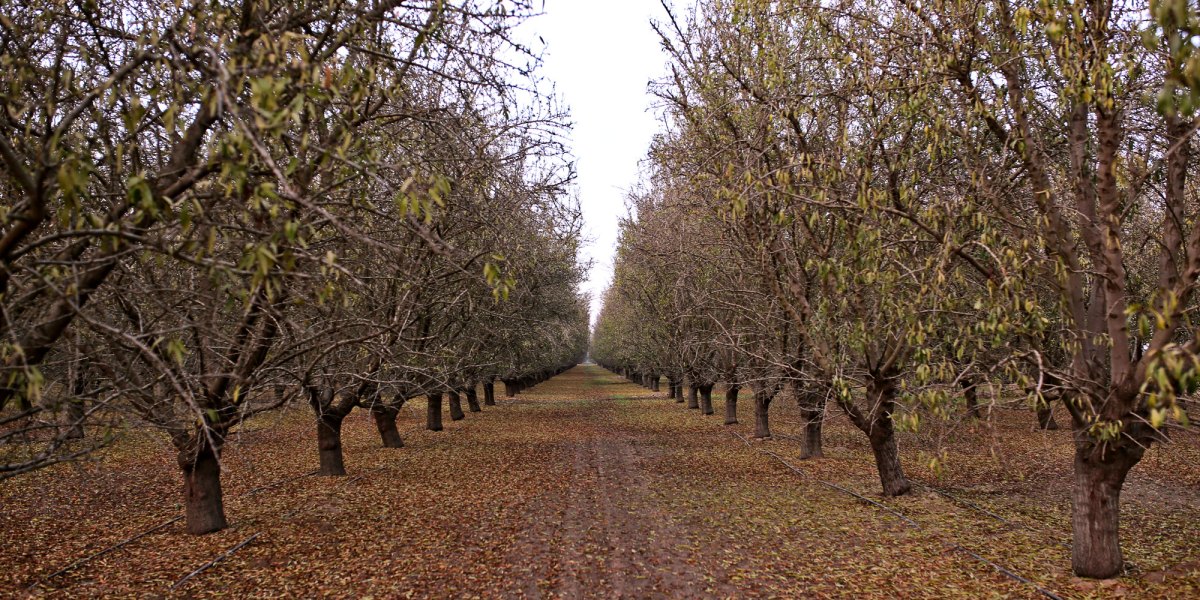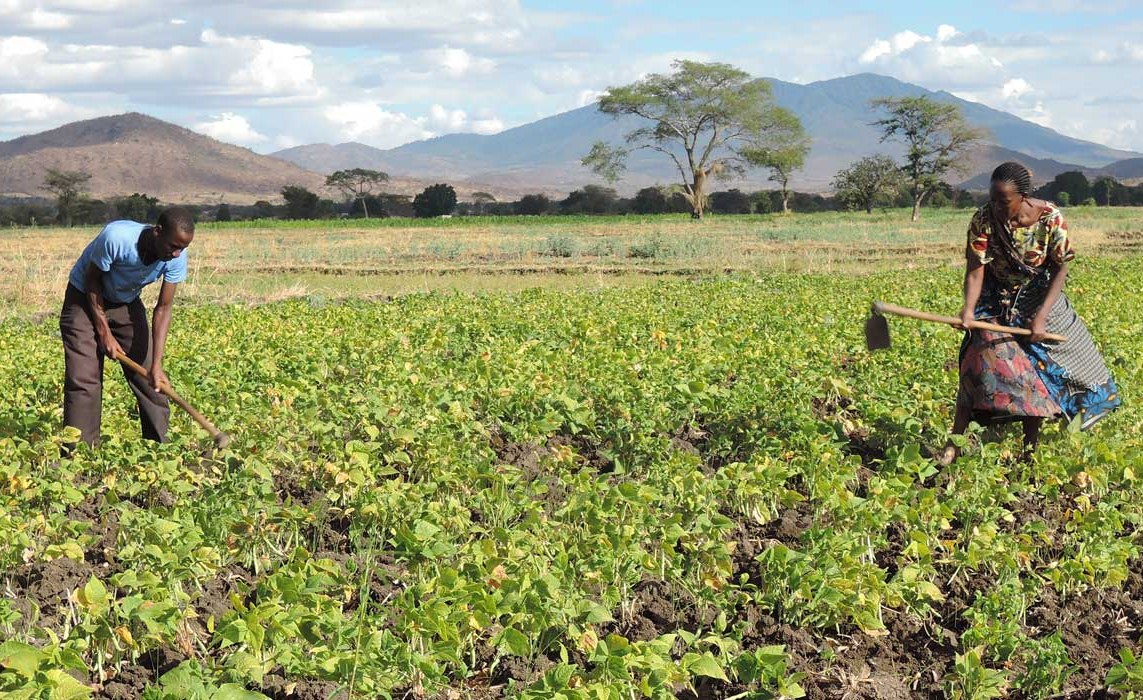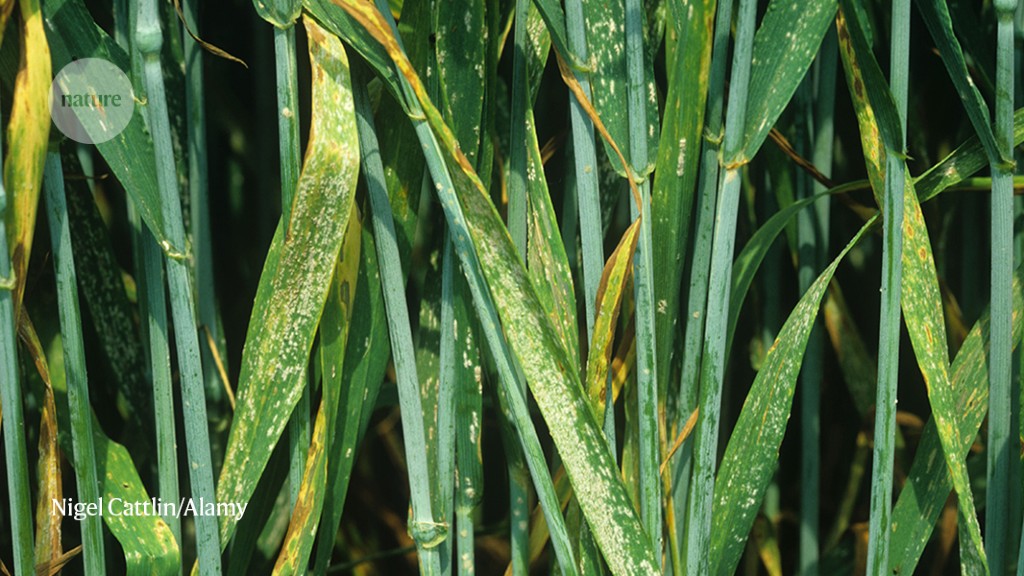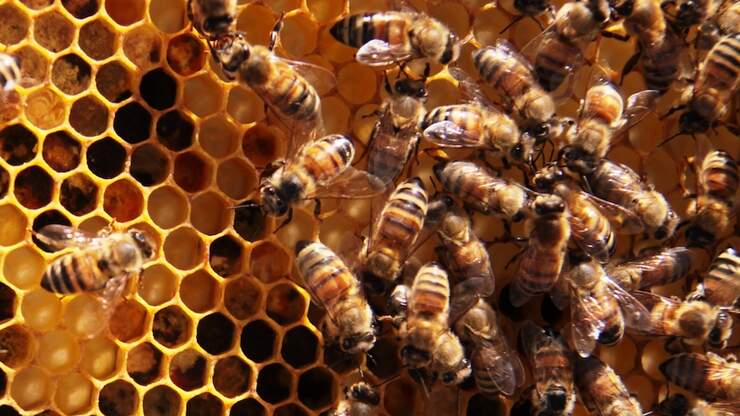Topics: Climate Change, Regenerative Agriculture, Renewable Energy (Solar/Wind),
This fuel plant will use agricultural waste to combat climate change
A planned California hydrogen facility will offer an important test of a technology that researchers say may be critical for cleaning up the atmosphere.
-
(0)
-
Bookmark
- Comments (0)
 John LaRose Jr.
John LaRose Jr.
Topics: Agriculture Global, World Hunger, Government / Policies, Ag Africa, Food Security/Shortage,
FAO Launches Plan to Avert Hunger Crisis in Horn of Africa
More than U.S.$138 million is needed to assist rural communities affected by extended drought in the Horn of Africa, the UN Food and Agriculture Organization (FAO) has said. FAO fears that a large-scale hunger crisis could break out if rural communities do not receive adequate assistance timed to the needs of the upcoming agricultural seasons. A third consecutive year of poor rains is posing a major threat to food security in countries already facing natural resource limitations and conflict, the COVID-19 pandemic, and locust invasions during 2020-21. The FAO plan targets 1.5 million of the most at-risk rural populations in Ethiopia, Kenya and Somalia to get water, seeds, animal feed, veterinary care, and much needed cash to at-risk rural families. The organisation projects that some 25.3 million people will face "high acute food insecurity" by the middle of the year if no action is taken.
-
(0)
-
Bookmark
- Comments (0)
-
(0)
-
Bookmark
- Comments (0)
-
(0)
-
Bookmark
- Comments (0)
 John LaRose Jr.
John LaRose Jr.
Topics: Dairy, Agriculture Global, Food/Nutrition, Ag Africa, Food Security/Shortage,
Kenya's Dairy Sector Is Failing to Meet Domestic Demand. How It Can Raise Its Game
Analysis - Kenya's dairy sector is estimated at 14% of Kenya's agricultural GDP. Milk is primarily produced by smallholder dairy farmers who account for 56% of total output. It is estimated that the sector has 1.8 million smallholder farmers (about 80% of producers). The remaining 44% of milk output comes from large commercial farmers.
-
(0)
-
Bookmark
- Comments (0)
 Nancy Kavazanjian
Nancy Kavazanjian
Topics: Wheat, Ag Asia / Pacific, Genes /Genetics, Biotech,
China’s approval of gene-edited crops energizes researchers
Nature - Scientists say newly published guidelines will spur research into crops that have increased yields and greater resilience to climate change.
-
(0)
-
Bookmark
- Comments (0)
 John LaRose Jr.
John LaRose Jr.
Topics: Agriculture Global, Government / Policies, Renewable Energy (Solar/Wind),
Next-gen concentrated solar power now under development
In new studies led by researchers from the National Renewable Energy Laboratory, the US Department of Energy pursues an energy cost goal of $0.05 per kilowatt-hour.
-
(0)
-
Bookmark
- Comments (0)
 Nancy Kavazanjian
Nancy Kavazanjian
Topics: Pesticides, Agriculture Global, Economics,
WHAT?! Can they really do this?
Bayer Declares Force Majeure on Glyphosate
Bayer expects repairs of the production line to take around three months.
-
(0)
-
Bookmark
- Comments (0)
 Nancy Kavazanjian
Nancy Kavazanjian
Topics: Agriculture Global, Stone Fruit, Trade (Commodities),
-
(0)
-
Bookmark
- Comments (0)
 John LaRose Jr.
John LaRose Jr.
Topics: Agriculture US, Beekeeping, Pollinators,
60,000 Bees Stolen From PA Grocery Store's Pollination Field | 107.9 WSRZ
The incident comes amid a significant drop in the bee population nationwide.
-
(0)
-
Bookmark
- Comments (0)









